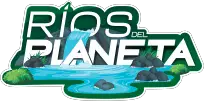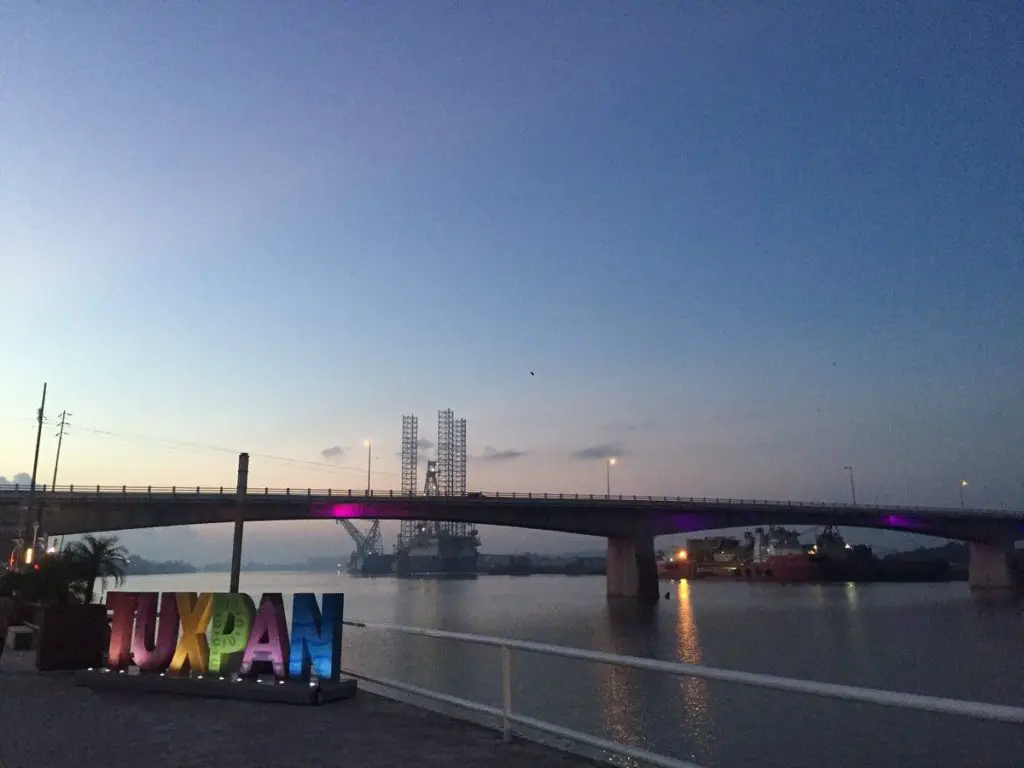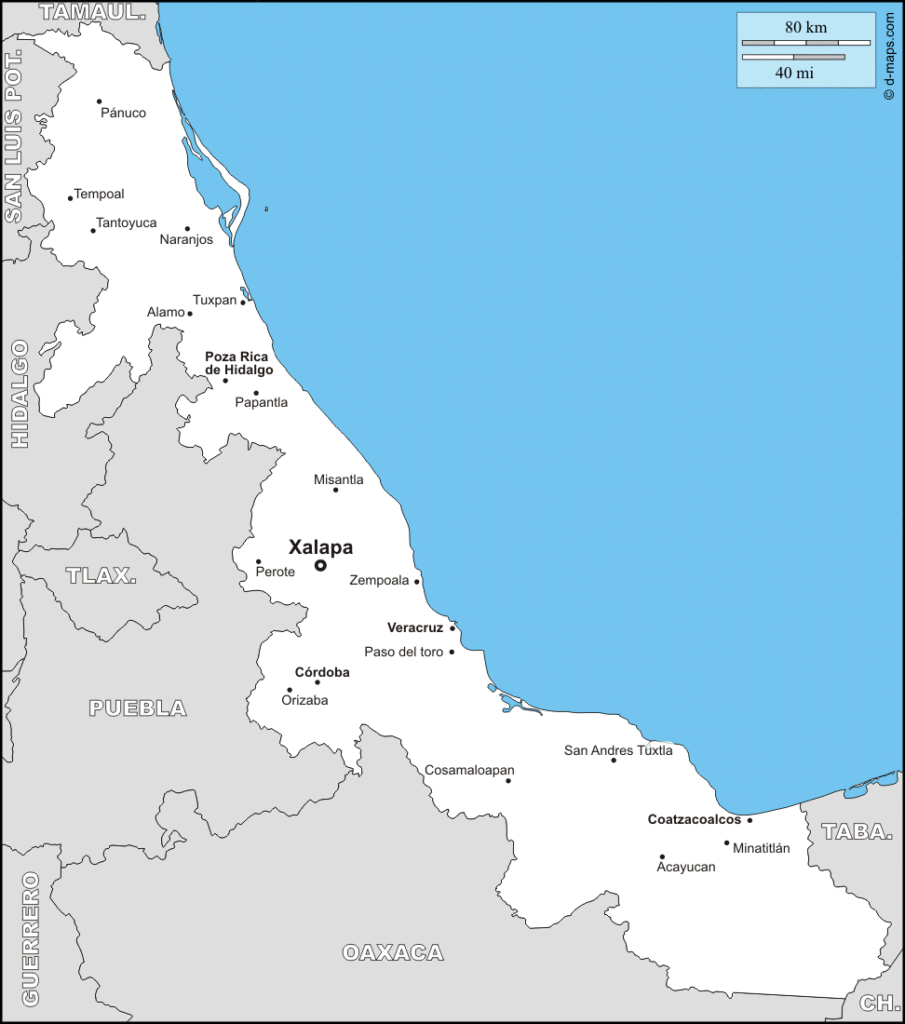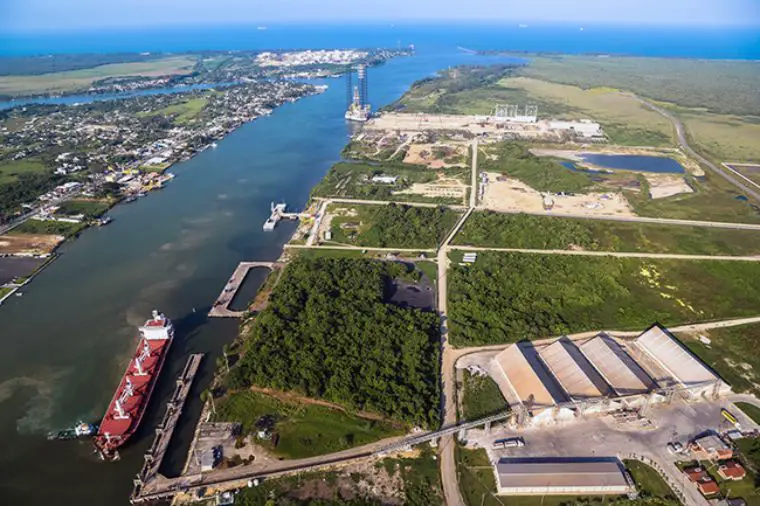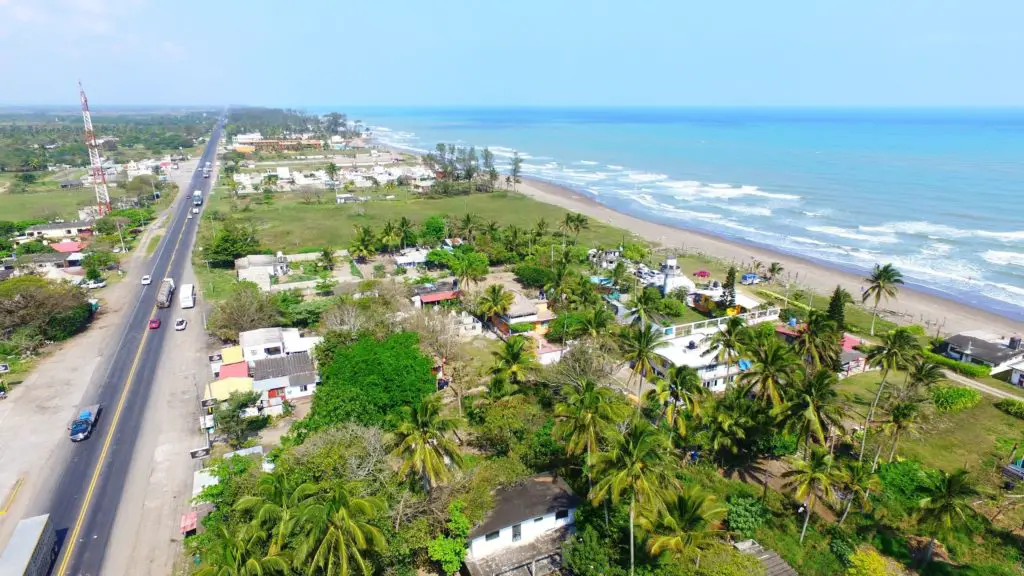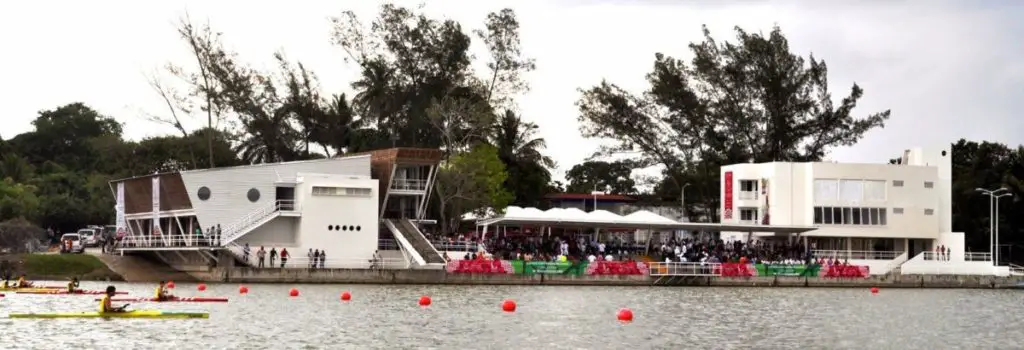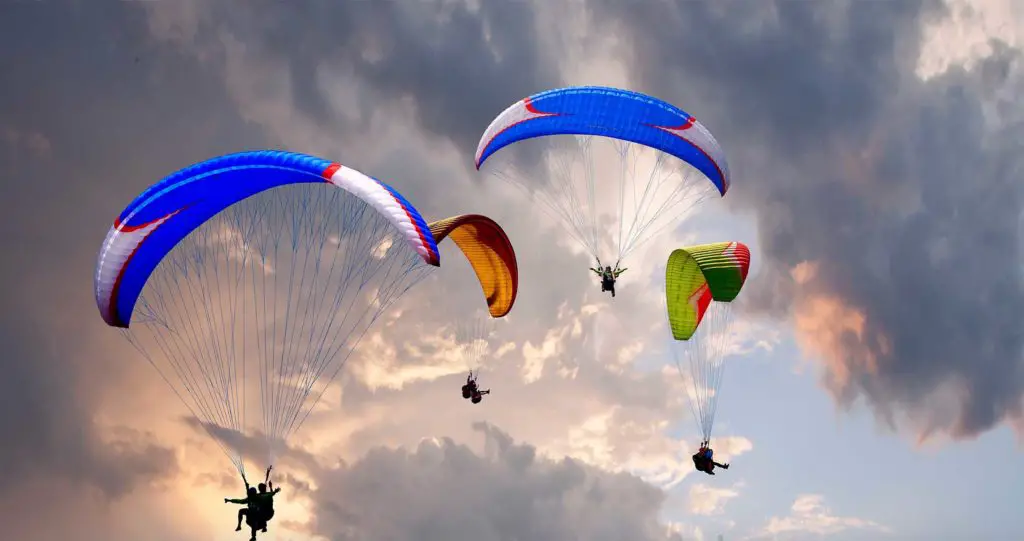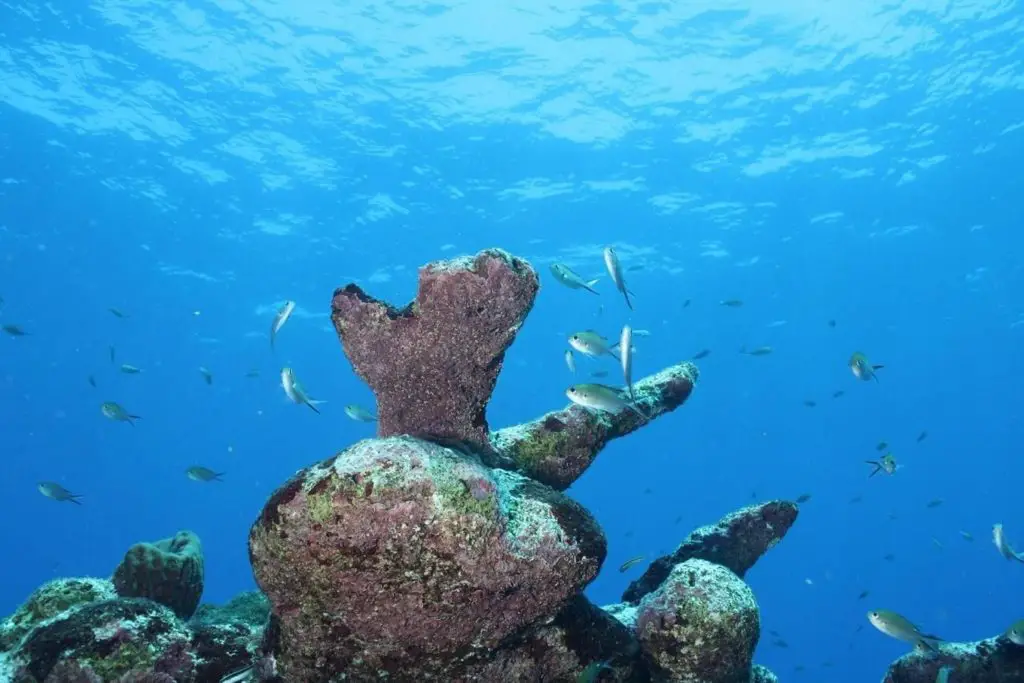The Tuxpan River is known for practicing aquatic activities such as fishing and canoeing, but these are not the only ones. Want to know what other activities you can practice?
Indice De Contenido
Location and map of the Tuxpan River
The Tuxpan River is located in the state of Veracruz, Mexico. With a length of 150 km, it is part of the Tuxpan River Basin. It rises at the confluence of the Vinazco and Pantepec rivers at an altitude of about 2,763 metres and flows into the Gulf of Mexico near the town of Tuxpan de Rodriguez Cano. The Tuxpan has a drainage area of 5,899 km² and an average flow of 2,076 m³/s. (see Cazones River).
The main tributaries of the Tuxpan are the Vinazco River, which originates in the state of Hidalgo, and the Pantepec River, which originates in the state of Puebla. Both flow through the territory of Veracruz and before reaching Alamo (in the municipality of Temapache), their waters join to form the Tuxpan.
The Viñasco River flows through Veracruz from Huasteca to Zacualtipan, while the Hidalgo River heads northeast through the mountains, passing near Huayacocotla. After this individual journey, the two merge in the coastal plain, where they officially become the Tuxpan River.
Now one, the Tuxpan flows through the town of Alamo, continuing its course to reach the port of Tuxpan de Rodriguez Cano, where it empties into the Gulf of Mexico some 10 kilometres further on.
The Tuxpan River is an important waterway, with the port of Tuxpan de Rodriguez Cano, which has been very useful in strengthening the region’s economy. It is one of the closest to Mexico City and is connected by the Mexico-Tuxpan motorway. (see Meta River)
Climate in the Tuxpan
The climate in Tuxpan is classified as tropical, with an average annual temperature of 24.9ºC. Rainfall is abundant in summer and early autumn, with less rainfall from May to November. The average annual rainfall in the Tuxpan River is 1,241 millimetres.
Tourism on the Tuxpan River
The beauty and tranquillity of the waters of the Tuxpan River offer you a visual spectacle with magnificent sunsets and moonlit nights. These waters are ideal not only for the commercial exploitation of the port, but also for sporting activities such as fishing, canoeing, paragliding, diving and boat trips.
Fishing
If you like fishing, you can do it in the harbour of Tuxpan, where there are buoys where you can find fish such as jacks, barracudas, wahoo and amberjacks. Other places where you can fish in the Tuxpan River are the ports of Tecolutla, Veracruz and Boca del Rio (see Chimehuin River).
Canoeing
The Tuxpan River is one of the venues of the Central American and Caribbean Games Veracruz since 2014, thanks to the construction of a complex for the practice of this sport. It has an official design and dimensions for the practice of canoeing and the necessary equipment for its practice, there is also a space to accommodate 300 spectators. The complex is one of the venues used for state and national competitions.
Paragliding
One of the many activities available on the Tuxpan River is paragliding. To fly like a bird, you will be attached to a mainly metal structure with wings and an instructor. You will sit and admire the beautiful scenery that this little piece of Mexico has to offer.
Natural attractions
The natural attractions of the Tuxpan River include its beaches, the Bamboo Orchard, mangroves and reefs. With 42 km of beaches, 15 minutes from the city, you can swim; in the Bamboo Orchard, you can go kayaking or canoeing, take a steam bath in a temazcal or contemplate the landscape from a bamboo terrace (see Rio Sado).
Among the red, black, white and button mangroves, you will travel by boat through their estuaries. You will admire the vegetation and the fauna such as birds, fish, insects, crabs and reptiles of the area.
If diving is more your thing, you can practice it in the artificial reef of ships dating back to the 16th century. You can dive among the ships and observe the marine flora and fauna, the coral reefs, the crustaceans, molluscs, sponges and fish that form a colourful spectacle under the sea. If you prefer something more relaxed, you can take a boat trip in Tumilco, Tampamachoco or the estuaries of Tenechaco.
